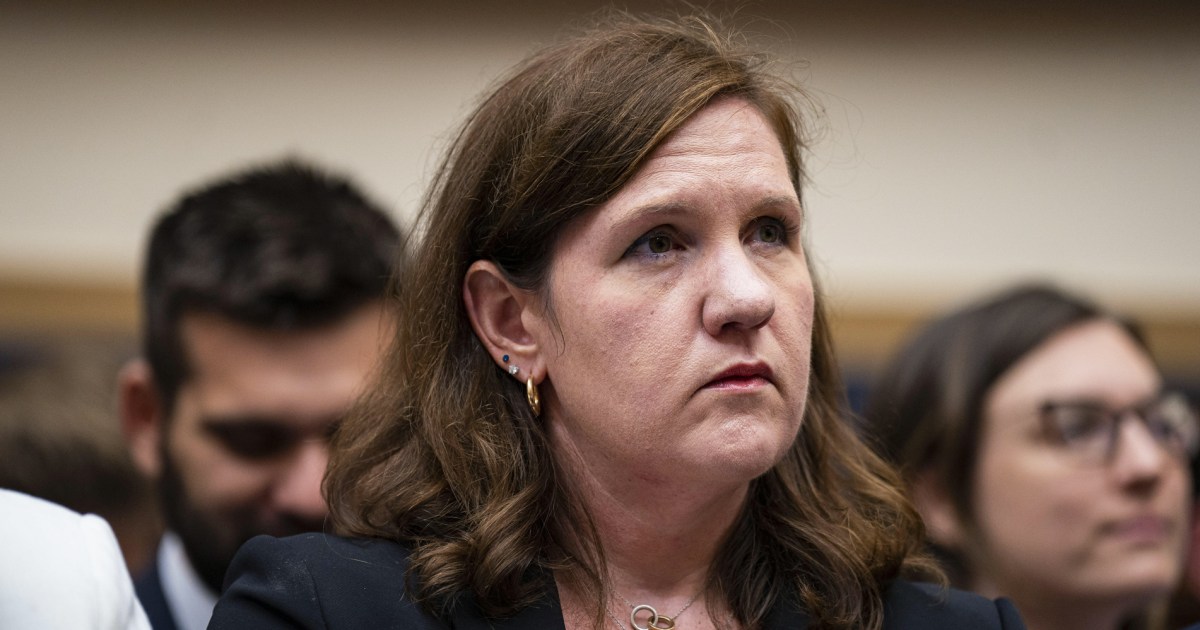Amazon Faces Federal Trial for Allegedly Tricking Customers into Prime Memberships
Introduction
In a federal trial beginning this week, Amazon will face allegations that it tricked customers into signing up for its Prime service and made it difficult to cancel after they did so. The Federal Trade Commission sued Amazon in 2020, claiming the company didn't clearly disclose that Prime memberships come with automatic renewals and failed to make it easy for customers to cancel.
Key Details
According to the FTC, Amazon's tactics included burying the Prime membership terms in long paragraphs of fine print and placing the "Join Prime" button on product pages, leading customers to accidentally sign up instead of just adding the item to their cart. The company also allegedly made it difficult for customers to cancel, requiring multiple clicks and confirmation screens before the process was completed.
Impact
The outcome of this trial could have significant implications for Amazon and other companies that offer subscription services. If the court finds Amazon guilty, it may be required to change its practices and pay restitution to affected customers. This could also lead to increased scrutiny and regulation for companies that use similar tactics to enroll customers in recurring memberships or subscriptions without their explicit consent.
About the Organizations Mentioned
Amazon
Amazon.com, Inc. is a leading American multinational technology company specializing in **e-commerce, cloud computing, digital streaming, online advertising, and artificial intelligence**. Founded in 1994 by Jeff Bezos in Bellevue, Washington, Amazon initially launched as an online bookstore but rapidly expanded into a vast online marketplace known as "The Everything Store," selling a wide array of products across numerous categories[1]. Today, it stands as the **world's largest online retailer and marketplace**. Amazon operates multiple key business segments: Amazon Marketplace for retail sales, Amazon Web Services (AWS) for cloud computing, and Amazon Prime for subscription services, all contributing substantial revenue streams and synergistic benefits[3]. AWS is a powerhouse in scalable cloud infrastructure, serving businesses globally, while Amazon Prime offers fast delivery, streaming video, music, and exclusive deals to millions of subscribers[1][3]. The company’s growth strategy focuses heavily on technological innovation, particularly in **artificial intelligence and robotics**. Its AI-powered products include Alexa, the voice assistant embedded in Echo devices. Amazon’s warehouses employ over 45,000 robots, reflecting its commitment to automation and efficiency in logistics[4]. Capital expenditures for 2025 are projected at $118 billion, emphasizing AI and cloud expansion[4]. Amazon’s notable acquisitions have broadened its market reach and diversified offerings. Key acquisitions include **Whole Foods Market (2017), MGM Studios (2022), Twitch, Ring, and IMDb**, which have enhanced its physical retail presence, media content, and smart home technology portfolio[1][3]. These moves have helped Amazon maintain market dominance with over $574 billion in annual revenue and a market capitalization exceeding $2 trillion[3]. Despite strong retail and advertising performance, Amazon faces challenges such as narrowing AWS margins and increased AI infrastructure competition. However, its Q2 2025 financials showed robust revenue growth, with net sales rising 9% to $155.7 billion, underscoring its resilience and adap
Federal Trade Commission
## Overview The **Federal Trade Commission (FTC)** is an independent agency of the U.S. federal government tasked with safeguarding consumers and promoting fair competition across the American economy[2][3]. Established in 1914 by the Federal Trade Commission Act—a direct response to the monopolistic "trusts" of the late 19th century—the FTC operates as a civil law enforcement body, not a criminal one, and shares antitrust enforcement authority with the Department of Justice[3]. Its headquarters are in Washington, D.C.[3]. ## Mission and Functions The FTC’s core mission is twofold: to protect consumers from deceptive, unfair, or fraudulent business practices, and to prevent anticompetitive behavior that could stifle innovation, raise prices, or limit choices[1][6]. The agency enforces a broad array of laws, including the FTC Act (especially Section 5, which bars unfair or deceptive acts), the Clayton Act, and more than 70 other statutes covering areas like telemarketing, credit reporting, and privacy[1][4]. Its activities include law enforcement, rulemaking, research, consumer and business education, and advocacy at the legislative and policy levels[5][6]. The FTC is led by five commissioners, appointed by the President and confirmed by the Senate for seven-year terms, with no more than three from the same political party[2][3]. The President designates one as Chair; since January 2025, Commissioner Andrew N. Ferguson has served in this role[3]. ## Key Achievements and Notable Aspects Over its century-long history, the FTC has been instrumental in breaking up monopolies, halting deceptive advertising, and protecting consumer privacy. It played a central role in landmark antitrust cases and has adapted to new challenges, such as regulating emerging technologies and online commerce. For instance, in 2021, the FTC’s intervention led Nvidia to abandon its proposed $40 billion acquisition of Arm














